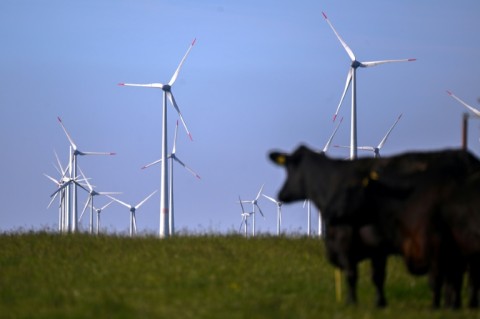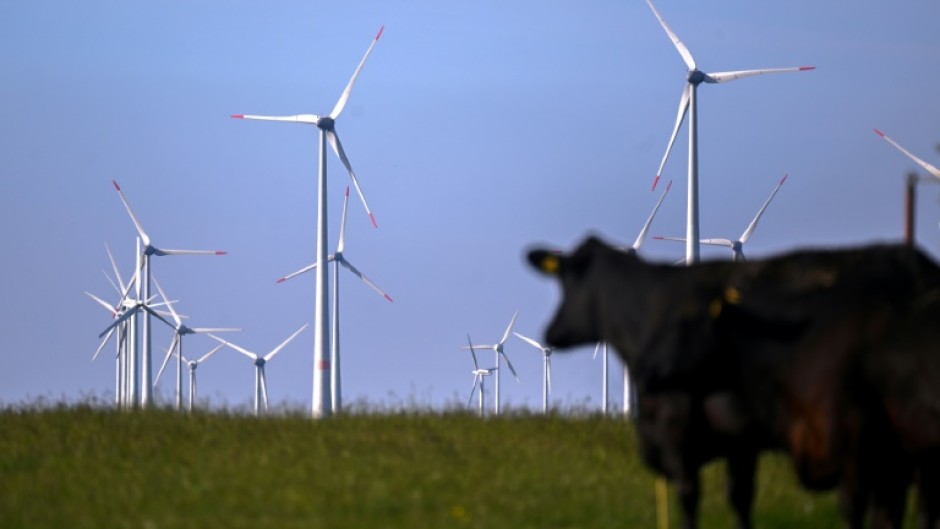
BERLIN - Having dipped into recession at the beginning of the year, Germany looks set to finish the year in the red -- and at the back of the pack among its eurozone competitors.
The government is the only one left still predicting GDP will grow this year, while the main economic institutes and the IMF are looking at a drop of 0.2 to 0.4 percent.
Soaring inflation, painful interest rate rises, a sluggish recovery in its key export market China, and high energy costs are all weighing on activity.
The malaise might be more than temporary, some analysts warn.
"We currently see the country faced by a growing mountain of challenges," said Siegfried Russwurm, head of the influential BDI industry lobby.
A growing number of businesses, including small and midsize companies, are working on "moving part of their activities out of Germany", Russwurm said at the BDI's annual conference.
Relatively sluggish growth of less than one percent awaits Germany over the next few years, the country's main economic institutes predict.
"Growth could be significantly weaker over this decade than in the 2010s, years of supposed prosperity," said Marcel Fratzscher, head of the DIW think-tank.
- No longer attractive? -
The country is likewise held back by structural weaknesses that are stymying economic performance: slow bureaucracy, low levels of digitalisation and an ageing population that could lead to labour shortages.
"If the population sinks, GDP will not grow either," Wollmershaeuser said.
With the economy heavily reliant on manufacturing, Germany looks to suffer from energy costs that have risen in the wake of the war in Ukraine, even though they have fallen from their early peaks.
Russia was long the main source of gas for Germany, supplying huge volumes at relatively low prices to the country's biggest industrial groups.
"Energy costs, labour shortages, bureaucracy -- for us, producing in Germany is no longer attractive," Ingeborg Neumann, head of the German textile industry association, said at the BDI event.

